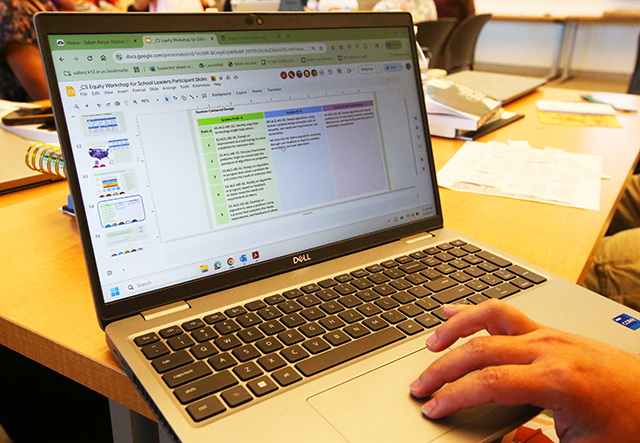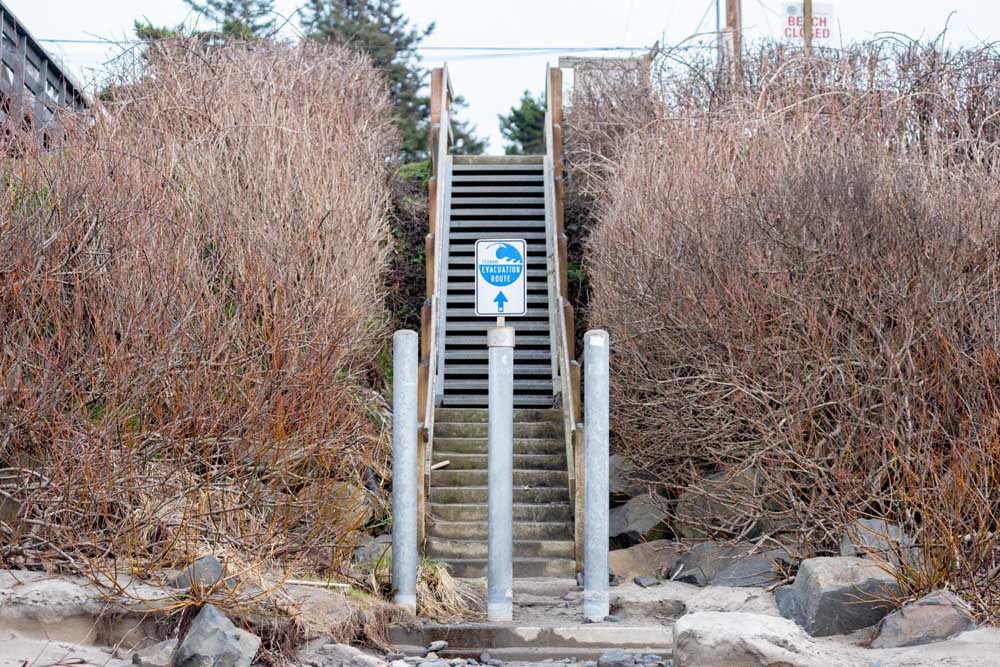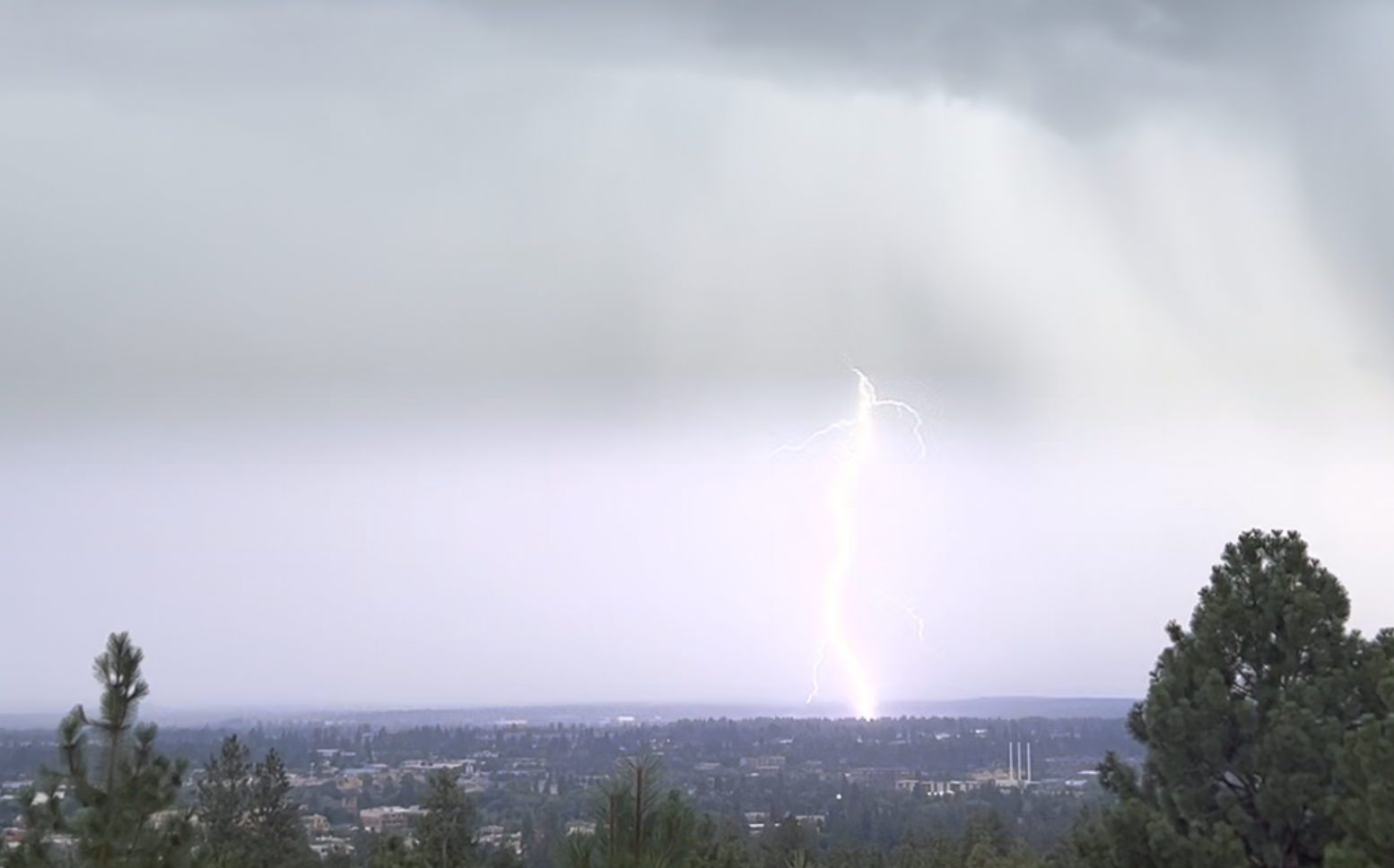Oregon educators work to expand computer science
Published 4:32 pm Wednesday, July 30, 2025
Around 20 principals, counselors and other K-12 education leaders from across Oregon discussed how to teach computer science in the classroom and in different school settings at a symposium at Oregon State University-Cascades Tuesday.
Educators shared that they were excited to talk to staff about what they were learning and the urgency of expanding computer science education.
Only 7% of students have access to and enroll in computer science courses in Oregon, said OSU-Cascades computer science professor Jill Hubbard, who helped organize the symposium.
Trending
Hosted at Oregon State University-Cascades this week, the symposium is part of the larger Computer Science for Oregon initiative and has been held for several years, said Hubbard. Computer Science for Oregon is a three-university collaboration between Portland State University, OSU-Cascades and University of Oregon, focused on expanding computer science to more students and schools.
“It focused on what all people need to know to live and engage and critically think in a world where technology is everywhere,” said Hubbard.
She’s excited to show that computer science is open for all, regardless of gender or race. The subject has been taught in Oregon for decades, but traditionally white and male students mostly participated, she said. Computer Science for Oregon’s effort has been particularly focused on marginalized students and exploring how to teach computer science throughout K-12.
Hubbard was awarded over $600,000 in funding from the Oregon Department of Education last year which, in part, funded the symposium, especially the workshop for school leaders to learn more about how computer science can be taught in their schools.
“Part of our work, is how do we look at the elementary space, and then bring computer science into it in a way that’s not students sitting in front of a computer,” she said. “That’s not what this is at all, so part of it is dispelling myths.”
In language arts, for example, students break sentences down to parts, and breaking down parts is an element of any subject. So is summarizing a passage students have to read. Working on core skills can be applied to computer science, she said.
Trending
Julie Nole, a school counselor from the Salem-Keizer school district, said she’s understanding how to support families and ensure computer science starts at home.
Hubbard is looking forward to the rest of the symposium. School leaders from across the state and different levels of education have the opportunity to plan computer science courses in ways that make sense for their schools. Teachers will also be learning different approaches to teaching computer science, which they can bring to their schools and administrators.
Hubbard wants to reach as many Oregon educators as she can. One major goals is to have a curriculum that can be used throughout the state instead of being forgotten when the singular computer science teacher leaves.
Overall, Computer Science for Oregon hopes to change the way computer science is taught and increase participation.
“That’s the bigger picture, to really change the structure and make computer science a subject like math, a subject like science…to ensure that everybody has a opportunity to learn that,” she said. “It’s three universities working together, and the state of Oregon has invested in it as well.”











